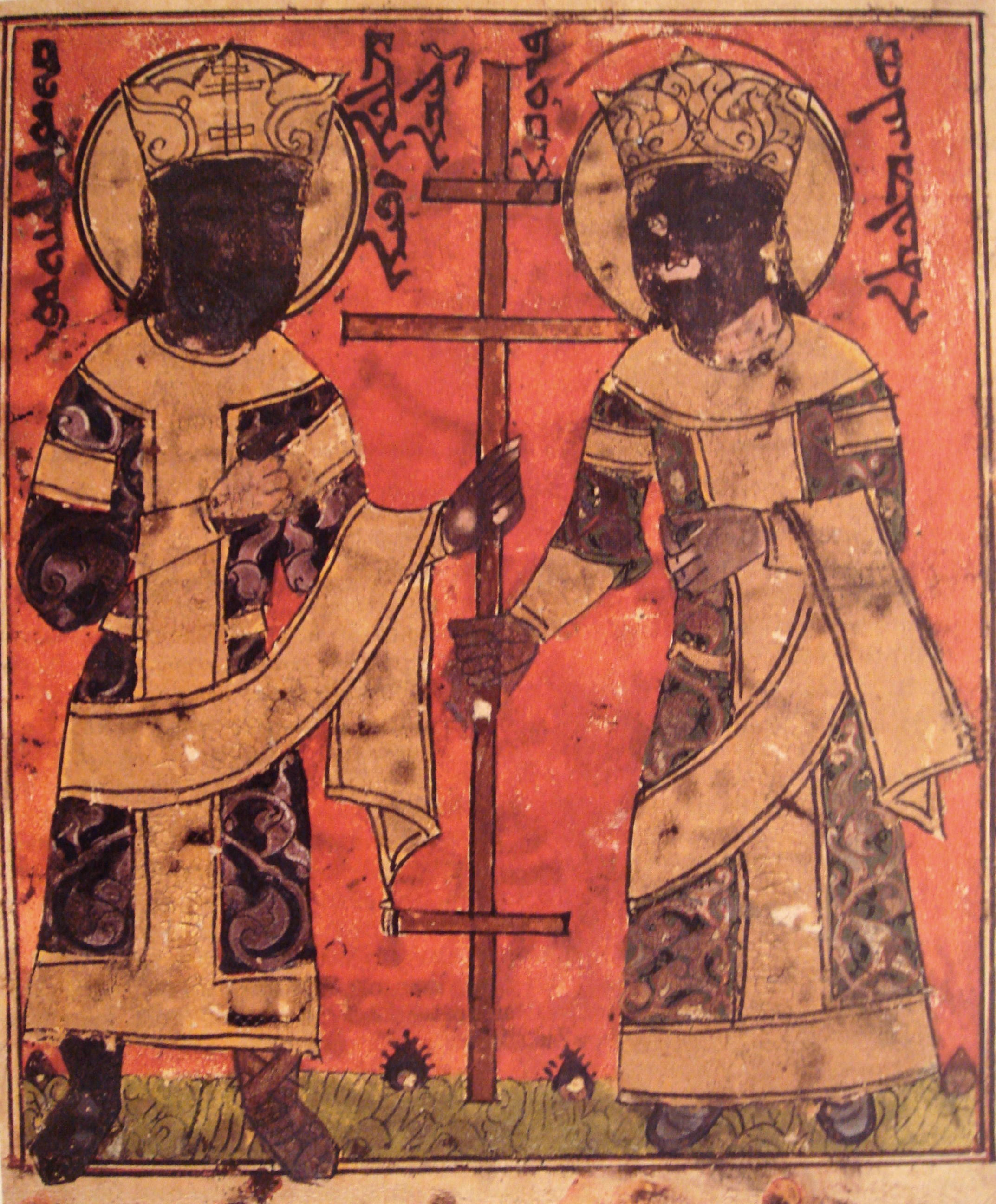|
|
| Пишет друг друга пердуна ( @ 2016-03-01 16:03:00 |
|
|
|
|
|
|
|
|
|
|
|
|
|
|
| Музыка: | CAMBODIAN ROCKS – Track № 18: ROS SEREYSOTHEA - Kom Kung Twer Evey "DON'T BE MAD" |
По необразованности своей не знал, кстати, что внук Чингисхана Хулагу, правитель Персии, был христианином. И вообще не знал, дурак, про монголов-несториан. Натуральный крестоносец, Ерусалим хотел брать.
https://en.wikipedia.org/wiki/Christian
Hulagu sent multiple communications to Europe, in an attempt to establish a Franco-Mongol alliance against the Muslims. In 1262, he sent an embassy to "all kings and princes overseas," along with his secretary Rychaldus. However, the embassy was apparently intercepted in Sicily by King Manfred, who was allied with the Mamluks and in conflict with Pope Urban IV, and Rychaldus was returned by ship (Jackson 2005, 173).
On April 10, 1262, Hulagu sent through John the Hungarian a letter to the French king Louis IX, offering an alliance (Jackson 2005, 178). It is unclear whether the letter ever reached Louis IX in Paris, as the only known manuscript survived in Vienna, Austria (Jackson 2005, 166). However, the letter stated Hulagu's intention to capture Jerusalem for the benefit of the Pope, and asked for Louis to send a fleet against Egypt:
"From the head of the Mongol army, avid to devastate the perfid nation of the Sarasins, goodwilling support of the Christian faith (...) so that you, who are the rulers of the coasts on the other side of the sea, endeavour to deny a refuge for the Infidels, your enemies and ours, by having your subjects diligently patrol the seas."|Letter from Hulagu to Saint Louis.[2]
Despite many attempts, neither Hulagu nor his successors were ever able to form an alliance with Europe. However, the thirteenth century did see a vogue of Mongol things in the West. Many new-born children in Italy were named after Mongol rulers, including Hulagu: names such as Can Grande ("Great Khan"), Alaone (Hulagu), Argone (Arghun) or Cassano (Ghazan) are recorded (Jackson 2005, 315).